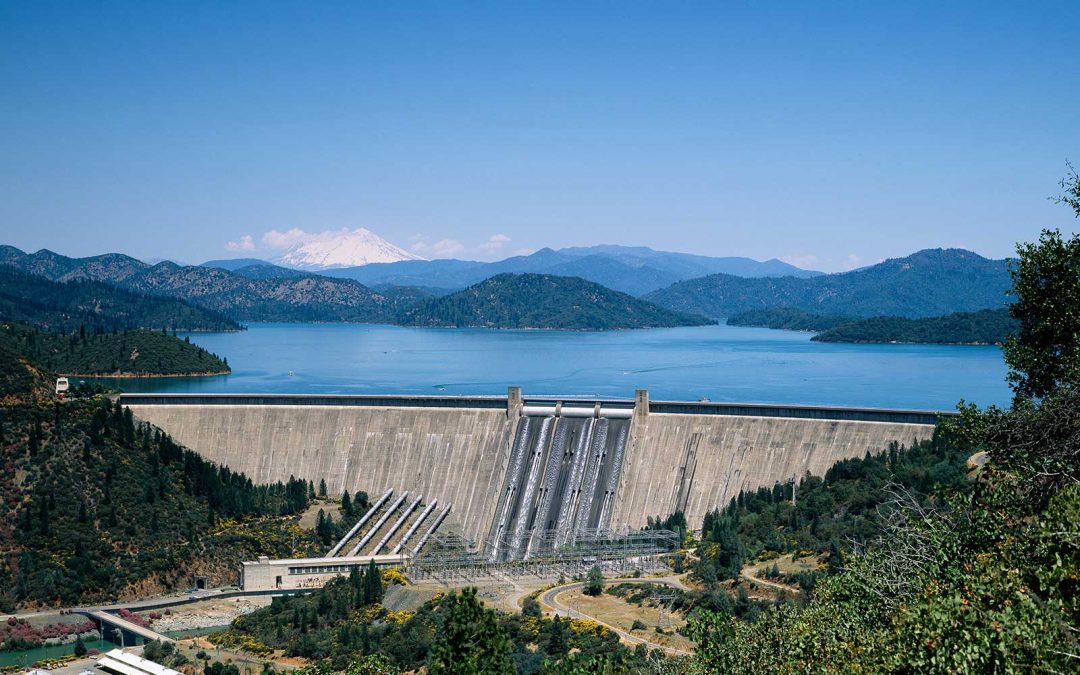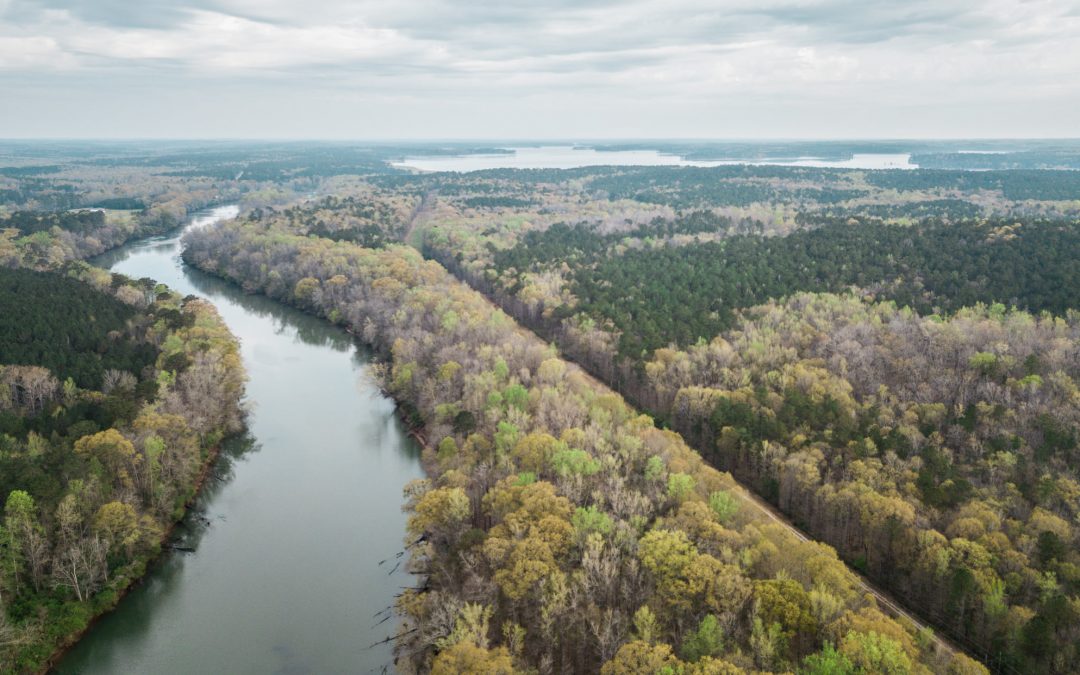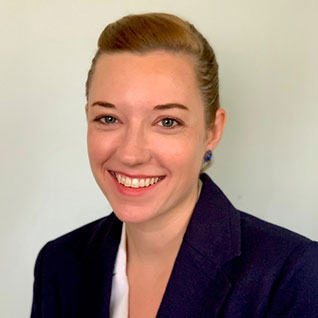by Ashley Ward | Apr 30, 2021 | Events, Webinars
Community Science groups collect a wealth of data on water quality that can be leveraged to improve management of water resources. John Dawes, executive director of The Commons, will present the Water Reporter app, which provides local monitoring programs with streamlined data management, visualization, and export capabilities to official databases.
by Ashley Ward | Apr 30, 2021 | Events, Webinars
Extracting water data from large databases is too often overly complicated and burdensome. The North Carolina State Climate Office’s new extraction and visualization tools – Station Scout and Cardinal – make weather data extraction and exploration easier than ever before. Assistant State Climatologist, Corey Davis, will present these new tools and discuss the process that went into their development.
by Ashley Ward | Apr 30, 2021 | Events, Webinars
Linking data to the wider hydrographic network is a key component of making water data more discoverable and more easily accessible. Dave Blodgett, a hydro informatics specialist at USGS, will describe how the Hydro Network-Linked Data Index (NLDI) connects data to the National Hydrography Dataset so that relationships between single monitoring locations and the broader water world can be revealed.
by Ashley Ward | Apr 30, 2021 | Events, Webinars
Sharing water data will enable us to more sustainably manage our most precious resource. Adel Abdallah and Ryan James of the Western States Water Council will present on the Water Data Exchange (WaDE) project, a framework and interactive dashboard for member states to share important water supply, water use, and water administration datasets.

by Ashley Ward | Mar 26, 2021 | Blog
Cassidy White discusses data fragmentation and the challenges it creates for modern water management, and lays out 7 key benefits to data integration. “Seemingly everywhere and nowhere at once, water data may be widespread but is often difficult to find or is completely inaccessible…”
by Ashley Ward | Mar 8, 2021 | Events, Webinars
As we learn more about the potential of wastewater surveillance for early warning of COVID, many states are grappling with how to transform their current water data infrastructure to ensure effective and efficient data management around wastewater surveillance. This webinar will feature a presentation on the CDC’s DCIPHER system as well as a panel with participants from Wisconsin, California, the CDC, and the Internet of Water.

by Ashley Ward | Feb 24, 2021 | Blog
With access to the water data they need, water leaders and decision-makers can implement sustainability measures and improved management strategies to ensure water is available to meet the needs of a changing and growing society.

by Ashley Ward | Feb 5, 2021 | Blog
We find ourselves – at a personal, organizational, and cultural level – asking ourselves how did we get here? And, where are we going? These are important, shaping questions that I hope we can all pause and ponder for ourselves.
by Ashley Ward | Dec 8, 2020 | Events, Webinars
As we learn more about the potential of wastewater surveillance for early warning of COVID, many states are grappling with how to transform their current water data infrastructure to ensure effective and efficient data management around wastewater surveillance. In this webinar, participants will hear about the efforts of partners from California, New York, and Utah, their challenges, lessons learned, and successes. This is the first in what we hope to be a series of conversations about wastewater surveillance data management.
by Ashley Ward | Oct 2, 2020 | Events, Webinars
In 2019 New Mexico passed the New Mexico Water Data Act, prompting the creation of the New Mexico Water Data Initiative (NMWDI). In this webinar, Stacy Timmons from the New Mexico Bureau of Geology and Mineral Resources will talk about the NMWDI from policy to implementation.
by Ashley Ward | Oct 2, 2020 | Events, Webinars
In the aftermath of recent droughts in North Carolina, including the exceptional drought of 2007-08, decision makers across the state have articulated their needs for information and communications that enhance and improve upon existing resources. In this webinar, Rebecca Ward from the NC State Climate Office will share important information and lessons learned from Project Nighthawk.
by Ashley Ward | Oct 2, 2020 | Events, Webinars
Interested to learn more about the IoW P2P Network? What is it? How can you get involved? And why it is important that you do!
The IoW Peer-to-Peer (P2P) Network is a community of practice designed to connect members from across the nation who are working on modernizing their agency’s water data infrastructure. Active employees of state, local, or tribal government agencies, along with employees of water utilities and river basin commissions are invited to participate!
by Ashley Ward | Oct 2, 2020 | Events, Webinars
The objectives of this workshop are to provide participants increased understanding of water-related metadata and application of water metadata tools. This workshop will offer a short introduction to metadata and why metadata are important, followed by an in-depth conversation and hands-on exercises on water-related metadata. This workshop is a partnership among the Internet of Water (IoW), Water Data Exchange (WaDE) of the Western Water States Council, and the Consortium of Universities for the Advancement of Hydrologic Sciences, Inc. (CUAHSI).
by Ashley Ward | Aug 10, 2020 | Events, Webinars
Is your state or region wrestling with the development of a water budget or water accounting? The California Department of Water Resources has compiled guidance, methods, and examples of water budgeting in the Draft Handbook for Water Budget Development: With or Without Models. In this webinar, handbook authors Abdul Khan, Todd Hillaire, and Paul Shipman will present an overview of the Water Budget Handbook, answer questions about water budgeting, and solicit feedback.

by Ashley Ward | Aug 5, 2020 | Blog, Data Stories, Government, Improved Decision-Making, Increased Productivity, Infrastructure, Innovation, Non-governmental, Return on Investment, Water quality, Water use
Established in 1994, Chattahoochee Riverkeeper (CRK) is a non-governmental and community science organization based out of Atlanta, GA that is dedicated to the protection, preservation, and stewardship of the Chattahoochee River and its watershed. Over the last two and a half decades, the work of CRK, the communities in which they work, and the City of Atlanta have and continue to create a cleaner Chattahoochee River that attracts more recreation, wildlife, and economic development.

by Joshua Wilson | Jul 30, 2020 | About, People, Staff
Lilli Watson Science Communications Associate, Internet of Water Water Policy Program, Nicholas Institute, Duke University E: lillian.watson@duke.edu Lilli Watson is the science communications associate for the Internet of Water. Before moving back to her hometown of...





